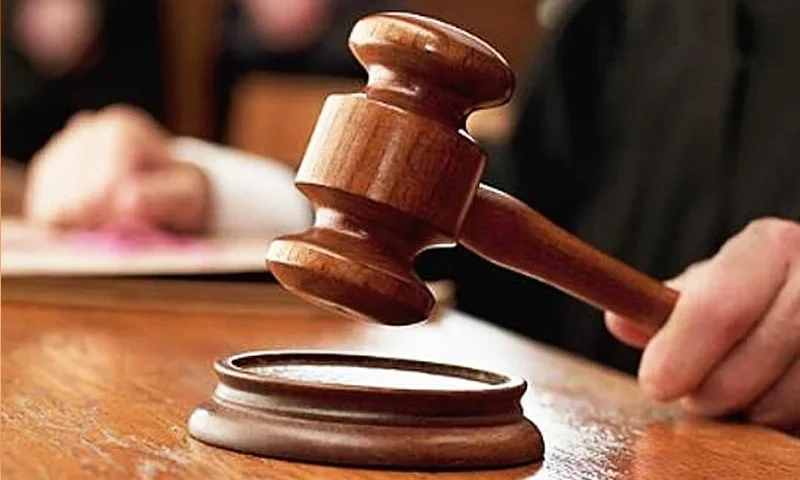A key element of international law that guarantees states’ cooperation in the battle against illegal activity is extradition. The Extradition Act 2003 governs the handling of extradition requests in the UK. Residents must be aware of how these legal procedures operate because the UK’s extradition laws have changed significantly as a result of its separation from the EU.
What is Extradition?
Extradition is the process by which a country requests that someone turn oneself in in order to prosecute them for a crime or have them serve out their sentence. This is typically the situation when someone has left their country of origin after being charged with a crime. Extradition is a vital step to prevent someone from fleeing punishment by simply crossing borders. Bilateral agreements, treaties, and conventions serve as the foundation for the extradition agreements between the UK and more than 100 countries.
Criminals might simply cross national borders to avoid punishment if there were ineffective extradition procedures. This would undermine the rule of law by causing nations to inadvertently become safe havens for criminals. Extradition is therefore necessary for international cooperation and justice.
The Extradition Act 2003
The Extradition Act 2003 is the legal framework that governs how individuals can be extradited to or from the UK. This Act distinguishes between two categories of territories: Category 1 (primarily European countries) and Category 2 (countries outside Europe with which the UK has formal extradition arrangements).
Category 1 Territories
Previous to Brexit, the UK’s extradition relations with EU countries were regulated by the European Arrest Warrant (EAW). In the wake of Brexit, existing protocols were replaced with new ones by the Trade and Cooperation Agreement (TCA) of 2021. There are minimal proof requirements for the expedited extradition process from Category 1 territories. These kinds of cases are typically handled by the National Crime Agency (NCA), which expedites the extradition request processing and quickly handles the hearings and appeals.
Category 2 Territories
For Category 2 territories, which include countries like the U.S. and Australia, the process is more complex. These countries must provide substantial evidence to support their extradition requests. Category 2 is further divided into Type A and Type B territories. For Type A instances, countries must furnish thorough supporting documentation; but, for Type B requests, they are not required to do so.
The extradition procedure must comply with the European Convention on Human Rights, regardless of the classification, to guarantee that the person’s rights are respected at all times.
Read Also: Your Rights Against Unfair Evictions
Grounds for Refusing Extradition
Even with a valid request, there are several grounds upon which the UK can refuse to extradite an individual:
- Extradition may be refused if the person is in danger of torture or cruel treatment in the nation making the request.
- If a request is politically motivated or the individual submitting it is being persecuted for their political beliefs, the UK may refuse it.
- The crime must be illegal in the country of request as well as the UK for extradition to proceed.
- If there is evidence that the subject of the request could be the target of prejudice because of their political beliefs, religion, or ethnicity, extradition may be refused.
- Refusal may be justified if a substantial period of time has elapsed since the offense was committed and extraditing the person would be unfair.
Extradition Processes for Category 1 and Category 2 Territories
The issue of a warrant often initiates the extradition process for both Category 1 and Category 2 territories. The NCA normally handles this in Category 1 situations, whereas the Secretary of State is involved in certifying the request in Category 2 cases. After the issuance of a warrant, the person is taken into custody and brought before the court for a preliminary hearing, where their identity is confirmed and they are informed about the extradition process.
After considering the evidence at the formal extradition hearing, the court will determine whether the offense calls for extradition. The person may be extradited within 10 to 28 days of the decision, depending on the specifics of the request. An appeal may also be made.
For further advice please get in touch with our team today by calling 020 8538 0182 or +44 7857 809932, or you can email us on [email protected].
Please note these blogs are to enhance your knowledge and are not tailored advice, for specific advice please get in touch with our outstanding team.



